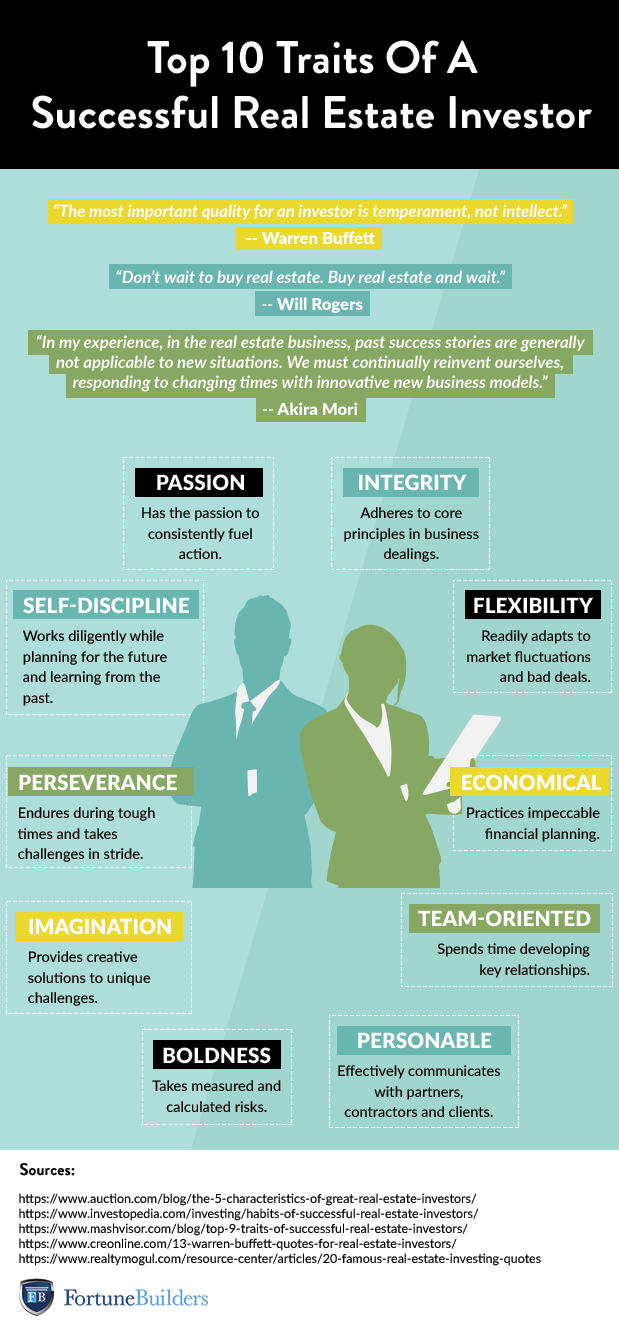
Exploring Real Estate Investing Software
In today's digital age, real estate investing software has become an essential tool for investors. They provide solutions for complex tasks like market analysis, deal evaluation, and risk assessment. This article delves into the various types of real estate investing software available. Learning about these tools equips you with the knowledge to optimize your investments. So, let's begin our exploration of real estate investing software and its impact on your success. Whether you're a seasoned investor or just starting, software solutions can significantly benefit you. Our goal is to provide you with the insights needed to make informed software choices.
Real estate investing software encompasses a range of applications designed to assist investors. Features may include property analysis, cash flow forecasting, and deal management. By automating complex calculations, software increases efficiency and accuracy. Knowing what each platform offers helps you match their capabilities to your needs. Learning from others' experiences can guide your own software implementation. Resources like real estate investing blog WHOLESALING HOUSES INFO offer insights into choosing and using real estate investing software. Leveraging such knowledge enhances your ability to select effective tools.
For more information on real estate investing software, go to: real estate investment software
Benefits of Using Real Estate Investing Software
Efficiency gains allow you to focus on strategic decision-making rather than administrative work. Software can enhance accuracy in financial calculations and projections. Timely information can be the difference between seizing or missing a great deal. These platforms often include customizable reports and dashboards. Collaboration features enable seamless communication with your team. Investing software can integrate with other tools you use, like accounting software. Modern tools can strengthen your credibility in the industry.
Many software solutions offer educational resources and support. As your investments expand, the software adapts to handle increased complexity. Efficiency leads to better allocation of resources and higher profitability. Security measures are crucial in today's digital landscape. Mobile functionality ensures you're always connected to your portfolio. Market insights support proactive rather than reactive investment strategies. Sustainability practices can be a part of your corporate responsibility initiatives.
Types of Real Estate Investing Software
Effective property management software streamlines day-to-day operations. Deal analysis software focuses on evaluating potential investments. These platforms help identify high-growth areas and emerging opportunities. Portfolio tools aid in diversification and risk management. Scenario analysis features help prepare for various market conditions. CRMs track communications, follow-ups, and client preferences. Auction and listing software provide access to property listings and bidding platforms.
Efficient project management reduces delays and cost overruns. They track legal documents, deadlines, and compliance requirements. They identify deductions, credits, and planning opportunities. Continuous learning is vital in a dynamic real estate market. Data visualization software transforms complex data into understandable graphics. Networking and collaboration platforms connect you with other professionals. Virtual reality (VR) and augmented reality (AR) software enhance property viewing.
How to Choose the Right Software
A clear vision of your goals guides effective decision-making. Choose a platform that can handle increased data and complexity. Evaluate the user interface and ease of use. Training resources help you utilize all features effectively. Compatibility enhances overall operational efficiency. Review security features to protect your sensitive information. Consider the total cost, including subscriptions, licenses, and upgrades.
Insights from peers provide real-world perspectives on software performance. Trial periods allow you to evaluate functionality and usability. Ensure the software is regularly updated and maintained. Customization allows you to tailor the tool to your specific processes. Consider the vendor's reputation and longevity in the market. Evaluate the reporting and analytics capabilities. A steep learning curve may delay benefits and require additional resources.
Maximizing the Benefits of Your Software Investment
Structured planning ensures a smooth transition to new software. Comprehensive training maximizes the tool's potential. Regular evaluation informs necessary adjustments. Tailoring features enhances usability and relevance. Maintain open communication with the software provider. Backups are essential for business continuity. Adapting to enhancements keeps you ahead of the curve.
Encourage collaboration and sharing of best practices among your team. Ensure all users follow protocols to protect information. Data insights drive better investment choices. Routine utilization maximizes benefits. Seek continuous improvement based on performance metrics. Address challenges promptly to avoid operational disruptions. Positive reinforcement fosters a culture of innovation.
To learn more about real estate investing, visit: house flipping software free
Conclusion
Real estate investing software is a powerful asset for modern investors. By understanding your needs and carefully selecting a tool, you can unlock numerous benefits. Implementing best practices in adoption and utilization further amplifies these advantages. The long-term gains outweigh the initial costs and learning curve. We encourage you to explore the options available and take the next step in modernizing your approach. Staying ahead requires adaptability and openness to innovation. Your proactive steps today lay the groundwork for tomorrow's success.